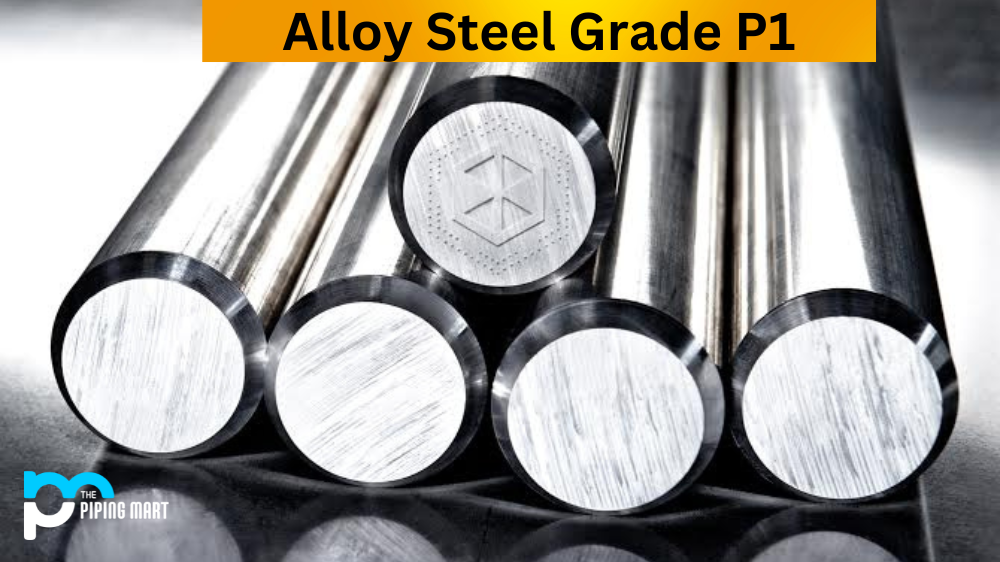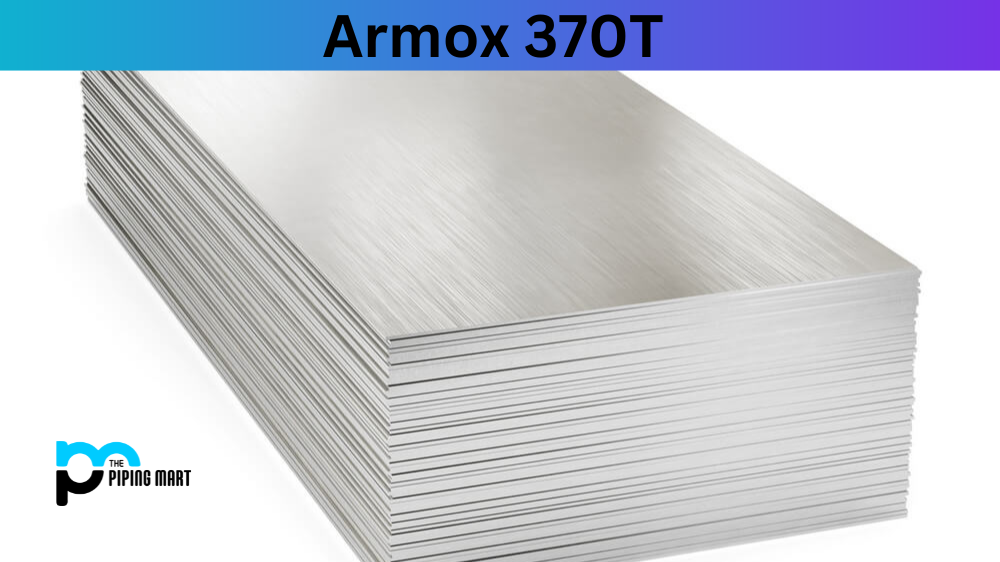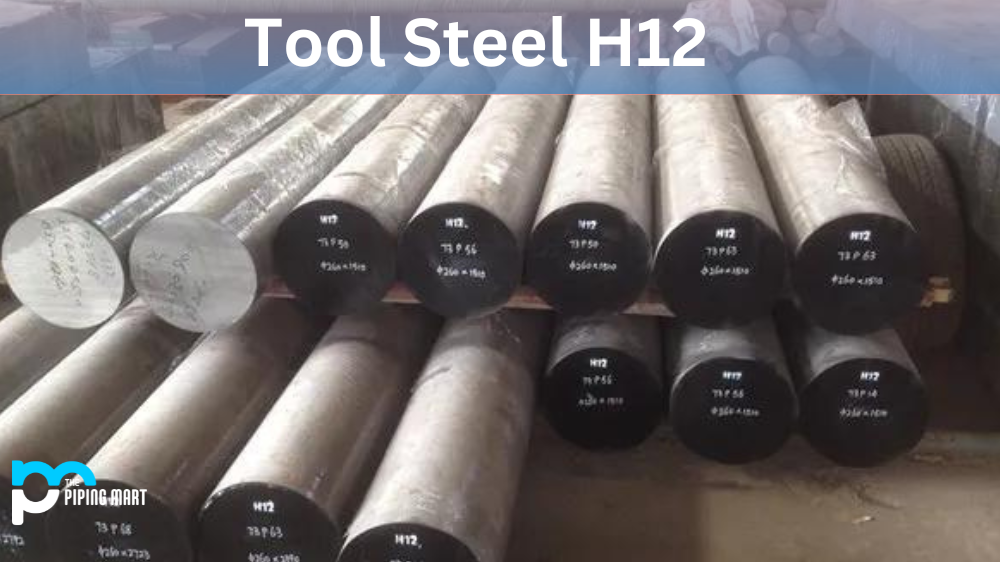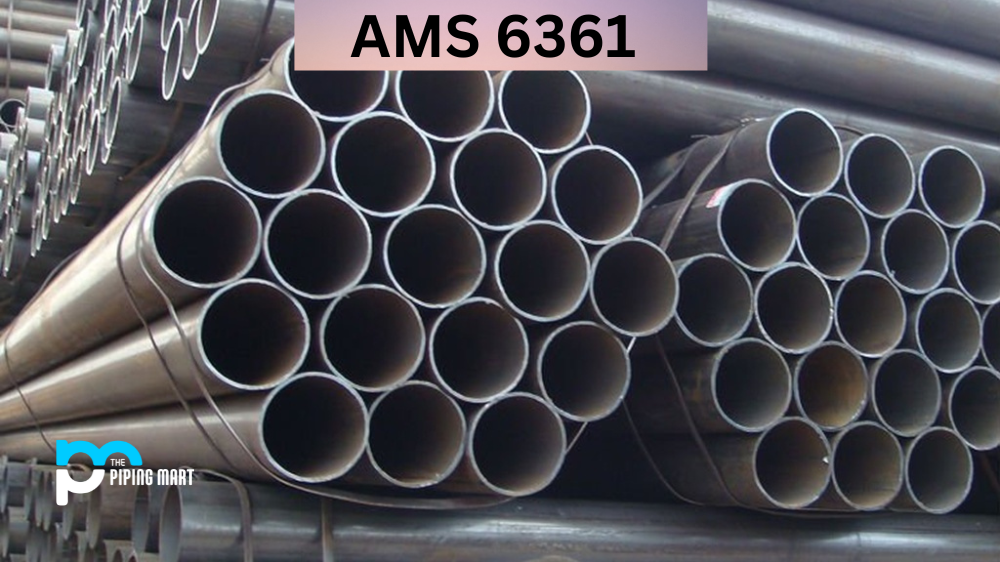Alloy steel grade P1 combines different elements that create an alloy with improved properties compared to other types of steel. It is important to know the chemical composition, mechanical properties, uses, and corrosion resistance of this type of steel to determine if it is the right material for your application. This blog post will discuss the various aspects of Alloy Steel Grade P1 and how they can be utilized.
P1 Alloy Steel Chemical Composition
ASTM A335 P1 contains a combination of carbon, manganese, silicon, phosphorus, sulfur, chromium, molybdenum, nickel, vanadium, and niobium. These elements provide strength and hardness while also increasing their corrosion resistance. The exact composition may vary depending on the manufacturer and supplier.
|
Carbon
|
0.10–0.20
|
|
Manganese
|
0.30–0.80
|
|
Phosphorus(max)
|
0.025
|
|
Sulfur(max)
|
0.025
|
|
Silicon
|
0.10–0.50
|
|
Chromium
|
. . .
|
|
Molybdenum
|
0.44–0.65
|
P1 Alloy Steel Chemical Properties
ASTM A335 P1 is an incredibly robust steel grade that offers superior strength and durability while exhibiting excellent chemical properties. The grade comprises alloying elements such as chromium and molybdenum, which resist corrosion and long-term hardening considerations. It has a high tensile strength allows it to be used for various materials and structures. Additionally, its low-carbon content makes it ideal for forming components that need to retain their shape after being subjected to extreme temperatures. This makes Alloy Steel Grade P1 one of the most popular choices for industrial applications due to its dependable nature and chemical stability.
P1 Alloy Steel Mechanical Properties
ASTM A335 P1 has good strength and wear resistance due to its high carbon content, which allows for increased hardness and strength at elevated temperatures. It also has good weldability and machinability due to its low carbon content.
|
Tensile strength, min, (MPa)
|
415
|
|
Yield strength, min, (MPa)
|
205
|
|
Elongation, min, (%), L/T
|
30/20
|
P1 Alloy Steel Physical Properties
ASTM A335 P1 is a versatile metal alloy made up primarily of iron and carbon. This lightweight and low-carbon alloy offer excellent machinability, weldability, and good formability. It stands out from other steel alloys due to its unbelievable strength and resilience against extreme stress, corrosion, and temperatures. Alloy Steel Grade P1 can handle repeated load cycles and remain tough enough not to fracture or break apart. Whether you need it for industrial applications or heavy-duty construction projects, this unique grade of alloy steel is the perfect choice for withstanding any conditions.
P1 Alloy Steel Equivalent
| ASTM | ASME | JIS G 3458 | UNS | BS | DIN | ISO | ABS | NK | LRS |
|---|---|---|---|---|---|---|---|---|---|
| A335 P1 | SA335 P1 | STPA 12 | K11597 | – | 17175 15Mo3 |
2604 II TS26 | ABS 6 | KSTPA 12 | – |
| 17177 15Mo3 |
2604 III TW26 |
P1 Alloy Steel P1 Uses
ASTM A335 P1 is commonly used for applications requiring high-strength temperatures, such as furnace parts or heat-treating equipment. It can also be used in construction tools such as bolts or fasteners and in automotive parts like gears or shafts.
Corrosion Resistance
This type of steel has excellent corrosion resistance, which makes it perfect for applications where exposure to harsh environments like salt water or acids might occur. Its wear resistance also helps reduce damage from abrasion or wear over time due to its high chromium content, which adds additional protection against corrosion.
Heat Resistance
The high-temperature capabilities of Alloy Steel Grade P1 make it ideal for applications that require extreme heat tolerance, such as furnaces or boilers where temperatures can reach up to 2000 degrees Fahrenheit without compromising the integrity of the material itself. Its ability to maintain strength even at these temperatures makes it a great choice for many industrial applications.
Heat Treatment
Heat treatment can be used on Alloy Steel Grade P1 to improve its properties, such as hardness and strength, by changing the material’s microstructure through controlled heating and cooling processes tailored specifically for each application based on the desired outcome from the treatment process.
Machining
This type of alloy steel requires specialized tools because it hardens when cut, making it difficult to machine without causing damage or deforming the material itself due to tool pressure during cutting operations. It is important to use sharp tools with low cutting speeds to achieve successful results when machining with this type of alloy steel grade P1
Conclusion
Alloy Steel Grade P1 is an excellent choice for many industrial applications because it offers good strength at elevated temperatures and excellent corrosion resistance, making it perfect for environments where exposure to harsh chemicals might occur, such as marine environments or areas with acidic soils or water sources nearby. Additionally, its heat-treating capabilities also allow it to maintain its properties even at extreme temperatures making it a great option when looking for materials that require superior heat resistance capabilities without sacrificing any mechanical performance characteristics like strength or wear resistance over time. All these benefits combined make Alloy Steel Grade P1 one of the most versatile materials available today! The best way to determine if this type of alloy steel is right for your application is by consulting with a professional who can advise you on what kind of material would best suit your needs based on your requirements and goals!

Pipingmart is a B2B portal that specializes in metal, industrial and piping items. Additionally, we share the latest information and information about materials, products and various types of grades to assist businesses that are involved in this business.




